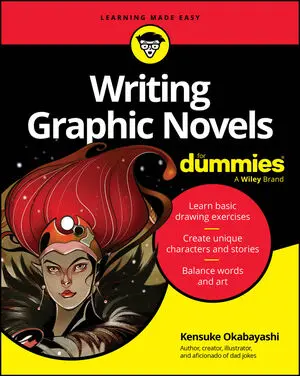Using an author’s ideas for inspiration, support and illustration is an expected part of your dissertation. However, trying to pass off another person’s ideas and words as your own is totally unacceptable. When you take the work of others (published or not) and present it as your own, without acknowledging the author, you’ve stolen the author’s work and this is plagiarism.
Plagiarism is cheating. Every university in the world has rules guarding against plagiarism and the kinds of penalties awarded to anyone who breaks the rules. Penalties can range from a simple verbal warning, through a more serious formal written warning, to the point where the person may be dismissed from the university for repeat offences of plagiarism. What is certain for students is that grades are cut for work where tutors identify plagiarism.
In the academic world, plagiarism is treated extremely seriously. Very few students set out to deliberately deceive their tutors (although some do). Most students slip into plagiarism through poor note-taking skills, weak time management and a lack of understanding and/or attention to referencing.
Unfortunately for disorganised students, such explanations for plagiarism don’t excuse plagiarising. Weak work is given a suitably weak grade. The onus is on you, the student, to improve your note-taking skills, time management and referencing. You mustn’t get drawn into plagiarising because of poor referencing.
Plagiarism can result in you being forced to leave your university. Make sure that you’re absolutely clued up on the rules governing plagiarism at your university.
Methods for detecting plagiarism are becoming more and more sophisticated and most universities require you to upload an electronic version of your dissertation to a website which automatically cross-checks what you’ve written with a vast database of other student essays, books, journals, websites and other sources. Supervisors usually allow students to upload their work sometime before the deadline for their dissertation.
If this is an option for you, you need to take advantage of the opportunity and check any questionable references that your dissertation contains. If the database highlighted passages of text that you haven’t identified as quotations (by using quotation marks) or if the database picked up parts of your writing that haven’t been properly referenced, now is the time to make corrections.
The best way of avoiding plagiarism is to keep very careful notes at the outset so that you’re not tempted to fudge or slightly massage any of the ideas or references you've picked up. Taking the trouble to note down and record the full and precise details of references is essential for keeping on the right side of the law.
Undoubtedly, many students manage to get away with plagiarising the odd sentence or paragraph here and there, and in some cases may escape detection even if they’re plagiarising a slightly longer piece. It's not worth taking the risk however. Just because one tutor has failed to pick up on the plagiarism, doesn’t mean that the work is going to get through the moderating process.
Just because you got away with plagiarising once doesn’t mean you’re going to get away with it again. Your dissertation is probably the single most important piece of work that you’re ever going to write. Falling into the trap of plagiarising just isn’t worth the risk of losing out.






